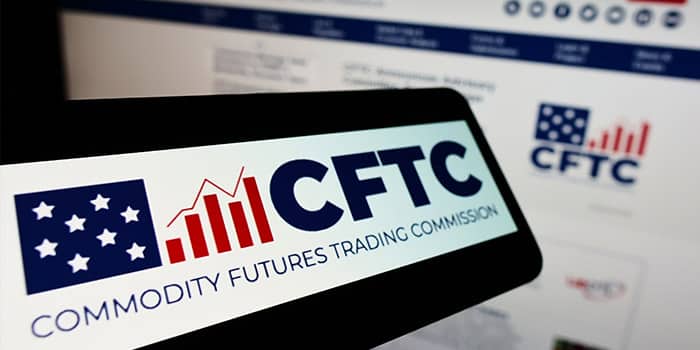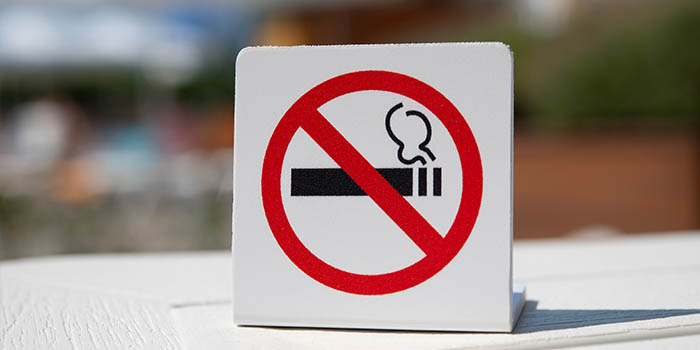- Casino
- By State
- Alabama
- Alaska
- Arizona
- Arkansas
- California
- Colorado
- Connecticut
- Delaware
- Georgia
- Florida
- Hawaii
- Idaho
- Illinois
- Indiana
- Iowa
- Kansas
- Kentucky
- Louisiana
- Maine
- Massachusetts
- Maryland
- Michigan
- Minnesota
- Mississippi
- Missouri
- Montana
- Nebraska
- Nevada
- New Hampshire
- New Jersey
- New Mexico
- New York
- North Carolina
- North Dakota
- Ohio
- Oklahoma
- Oregon
- Pennsylvania
- Rhode Island
- South Carolina
- South Dakota
- Tennessee
- Texas
- Utah
- Vermont
- Virginia
- Washington
- West Virginia
- Wisconsin
- Wyoming
- By State
- Slots
- Poker
- Sports
- Esports
Court of Appeals Returns Gambling Case against Google, Apple and Meta to US District Court
The high-profile cases could potentially cost the three tech giants millions of dollars

The Ninth Circuit Court of Appeals has returned the illegal gambling lawsuits against several tech giants back to the US District Court. The lawsuits, which target Google, Apple and Meta, claim that the companies were profiting from illegal gambling on their platforms.
The lawsuits accuse the media and tech giants of promoting illegal gambling through gaming apps. The lawsuits also allege that the three companies have been profiteering from unlicensed gambling operations by taking a cut from the sale of virtual currency.
In April, the lawsuits were sent to the appellate court to determine whether the companies in question would have immunity. The Ninth Circuit panel has since deemed that it doesn’t have jurisdiction to hear the case and returned it to US District Court Judge Edward Davila for additional review. Davila was tasked with checking whether the Communications Decency Act, which protects the companies from liability for the actions of third-party content creators on their platform, applies in this case.
While Davila previously agreed that Section 230 does indeed protect platforms such as Google, Apple and Meta from such claims, he implied that it may not protect them from the claims that they have profited from the illegal gambling transactions.
A more detailed analysis by the US District Court will follow. The high-profile cases could potentially cost the three tech giants millions of dollars.
DOJ Gets Ready to Sue Live Nation Entertainment
In other news, the US Justice Department (DOJ) and several states are getting ready to sue Live Nation Entertainment, Ticketmaster’s parent company. Live Nation Entertainment was accused of violating antitrust laws and risks being forced to split up.
Since merging with Ticketmaster in 2010, Live Nation Entertainment has been holding about 70% of all ticketing for live events, with this percentage believed to be higher in Las Vegas.
While the merger was greenlit during Obama’s presidency, subsequent administrations eventually revisited the deal, putting its legality into question. In 2022, the Biden administration launched a new probe in the wake of the mishandling of Taylor Swift tour tickets. After the administration uncovered a number of problems, the DOJ launched a more in-depth investigation into the matter.
The lawsuit against Live Nation Entertainment is backed by music fans, performers and lawmakers alike.
Although Fiona doesn't have a long-spanning background within the gambling industry, she is an incredibly skilled journalist who has built a strong interest in the constantly growing iGaming network. The team at Gambling News is glad to have her on our roster to help deliver the best stories as soon as they hit. Aside from writing, she loves to dabble in online casino games such as slots and roulette, both for her own enjoyment and also as research to better improve her understanding of the industry.
Must Read
More Articles




Casino
April 18, 2025
Florida HB Seeking to Upgrade Illegal Gambling Punishments

Legal
April 17, 2025
Appeal to Keep Evolution’s Accuser Anonymous Denied

Lottery
April 17, 2025
CTLC Says Its Members Didn’t Violate the Texas Law














